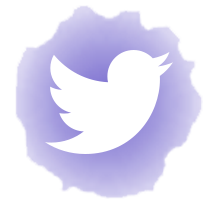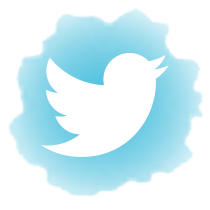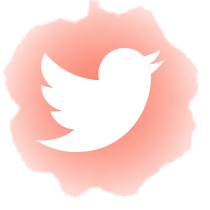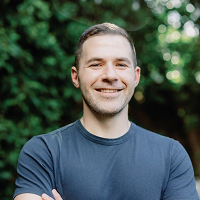Elin Hilderbrand
Wellness Tip:
Two-Minute Gratitude Emails
Here’s a way to boost your well-being that takes just two minutes a week: write a weekly gratitude email. Yep—all you have to do is send a quick thank-you to someone to acknowledge their help or share appreciation.
Studies show that practicing gratitude can enhance mood, lower stress, and improve relationships—and gratitude letters are particularly effective. A simple act like this not only makes the recipient’s day better but also strengthens social bonds, which are linked to greater overall happiness and even better health.
It’s an easy way to spread positivity while also giving yourself a quick emotional lift. So, why not take two little minutes to give it a try?
Routine Breakdown
Elin Hilderbrand, Best-Selling Author
How a Best-Selling Novelist Stays Disciplined

The “queen of beach reads” says that on an ideal day, she works from 11am until 6pm—and that the work happens because of her disciplined morning routine. She:
The Routine:
- Wakes and does her skincare routine.
- Tends to the house and her kids. “I go downstairs and do what I call ‘The One Hundred Silent Tasks of Being a Mother.’ I’ll take the trash out, do laundry, empty the dishwasher and clean up. I’ll also make lunch for my son.”
- Drinks three cups of tea, in the same order. “I’ll have Earl Grey first, then lemon tea, and then coconut—no sugar, nothing added.” In summer, she goes out to the garden to pick fresh vegetables and cut flowers while drinking her teas.
- Does exercise. She starts with a 45-min ride on her Peloton bike, followed by about an hour of “yogging” (“it’s a little bit more than walking, but maybe not even as fast as a jog”). Lastly, she ends with a barre class. “I’m so lucky to be able to exercise so much, but I also feel like it’s a discipline that makes my writing happen,” she says.
Why it works:
- While many people prefer to jump straight into creative work in the mornings, Elin does what works for her. By accomplishing household tasks, completing small rituals, and moving her body, she sets herself up to be mentally disciplined for the day.
“The most important thing about being a novelist isn’t being talented or being inspired,” says Elin. “It’s being disciplined and making sure that you get the work done.” For her, starting the day with exercise is what gives her that discipline. What part of your morning routine sets you up for a focused day?
















